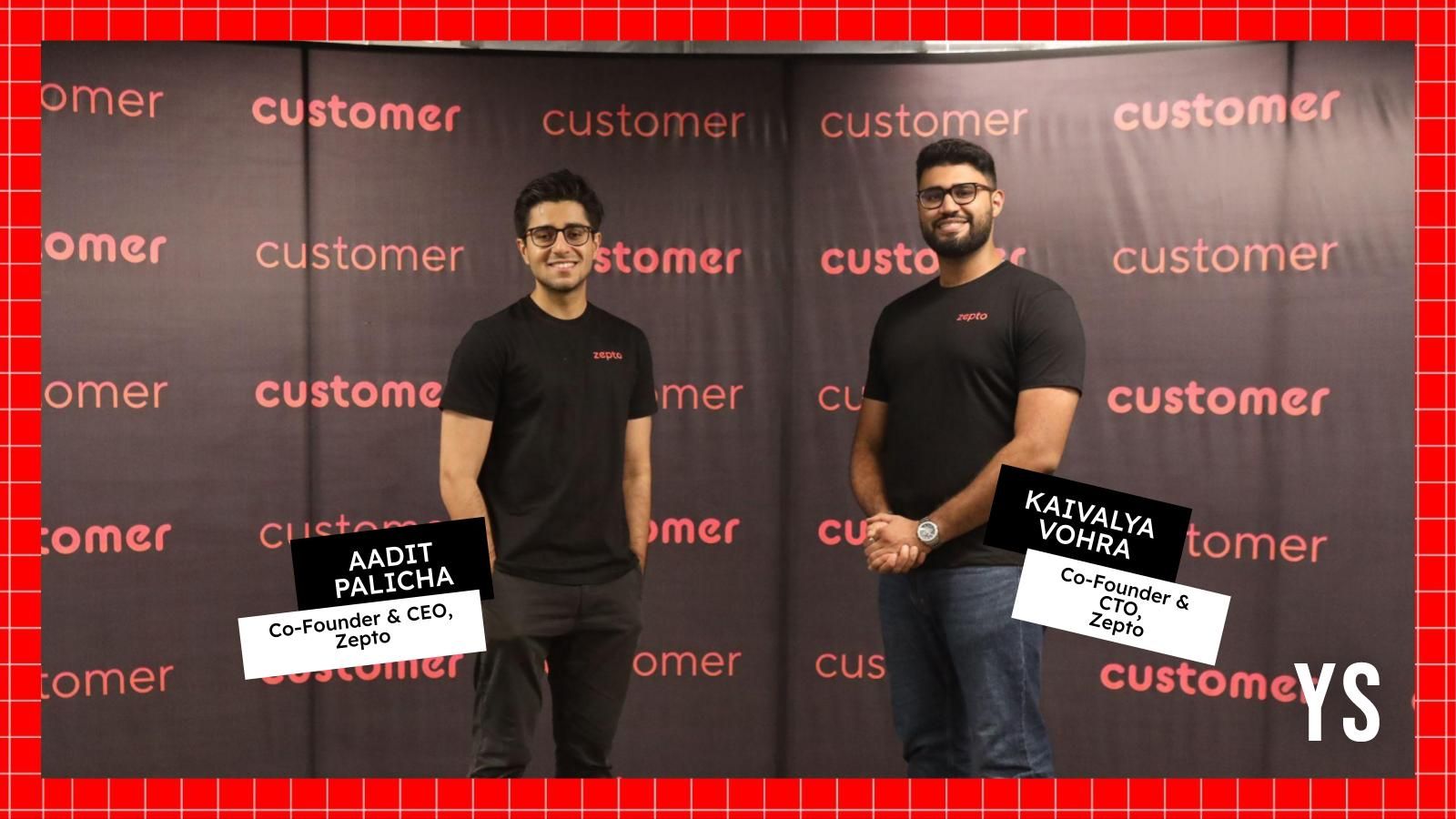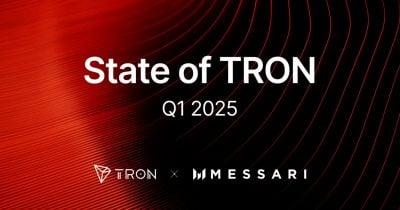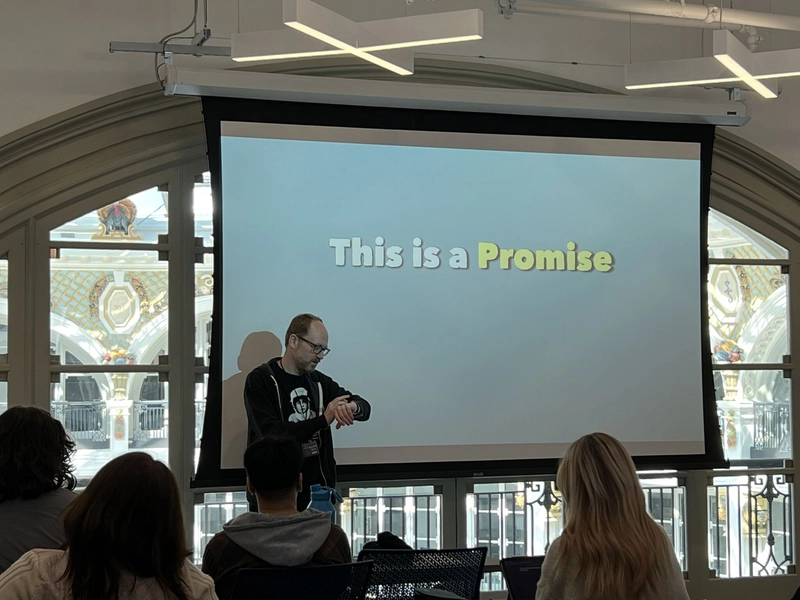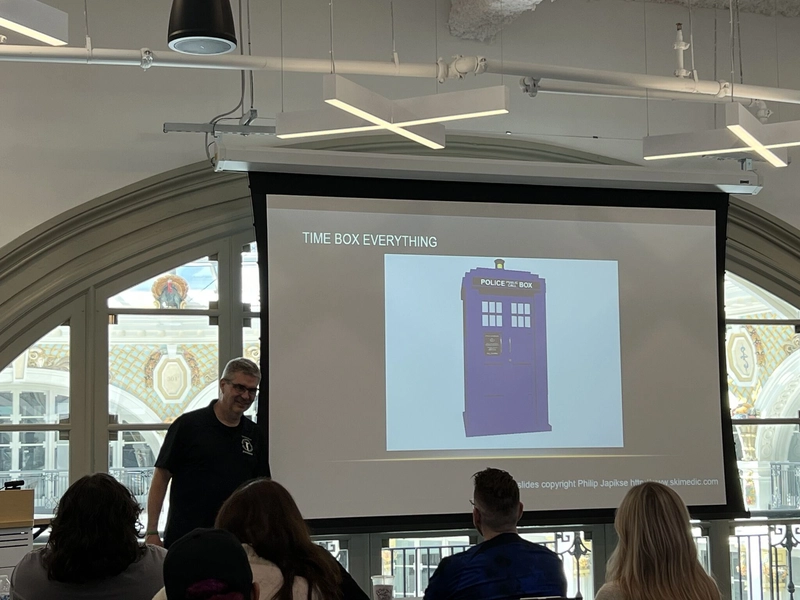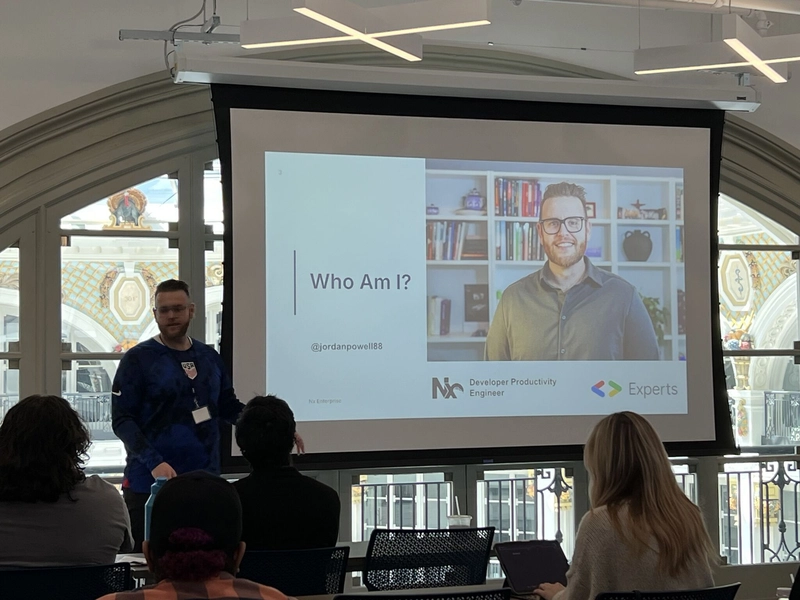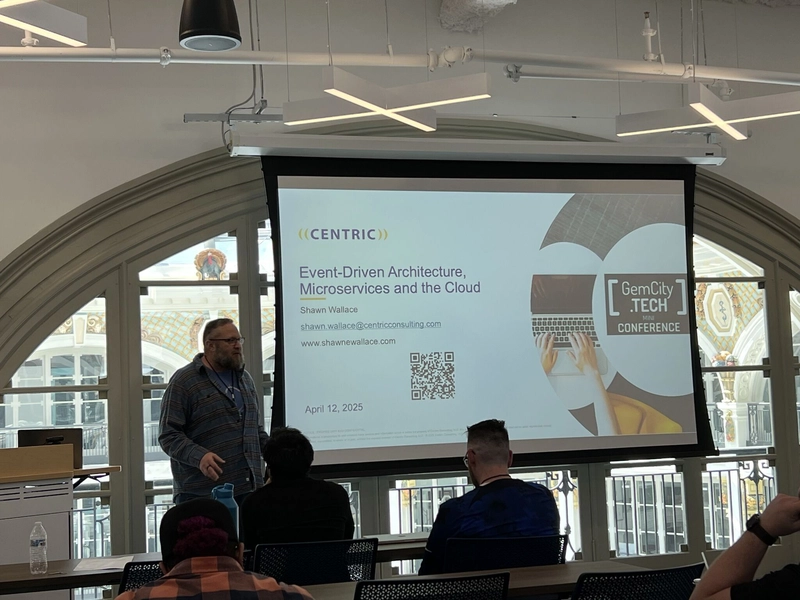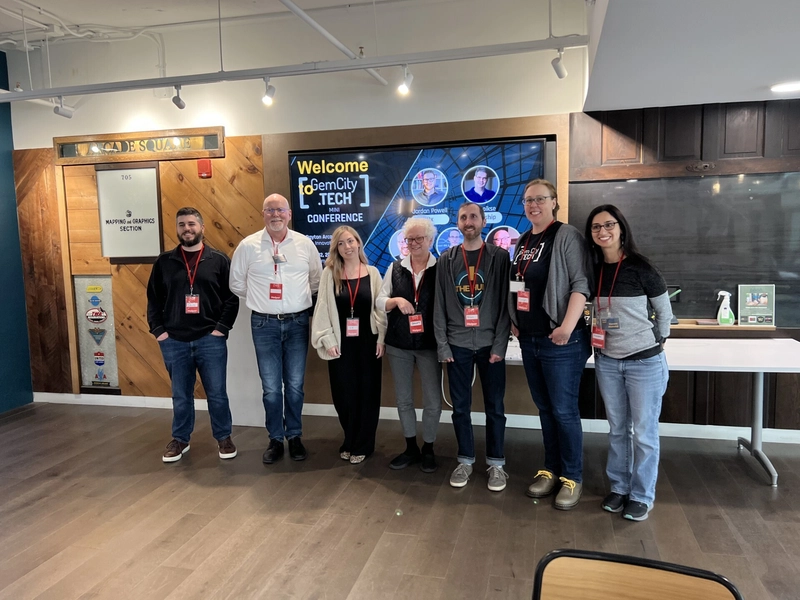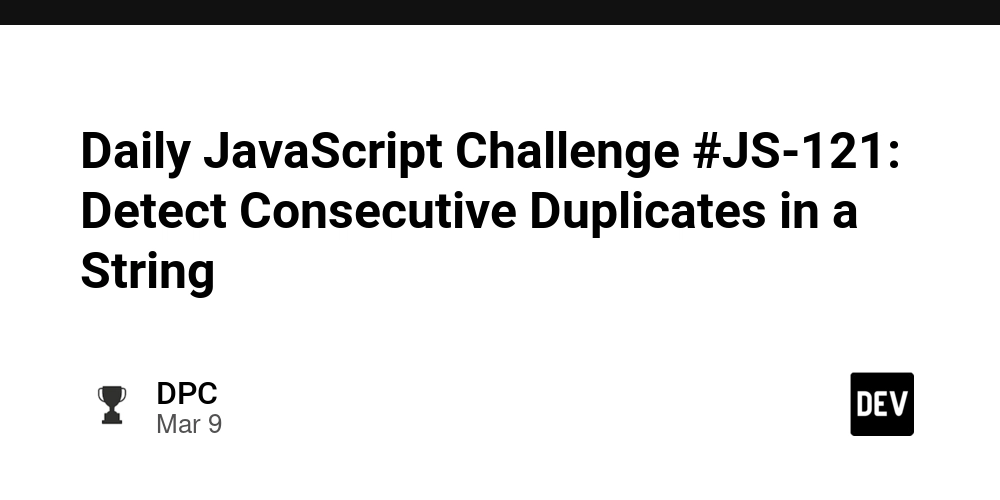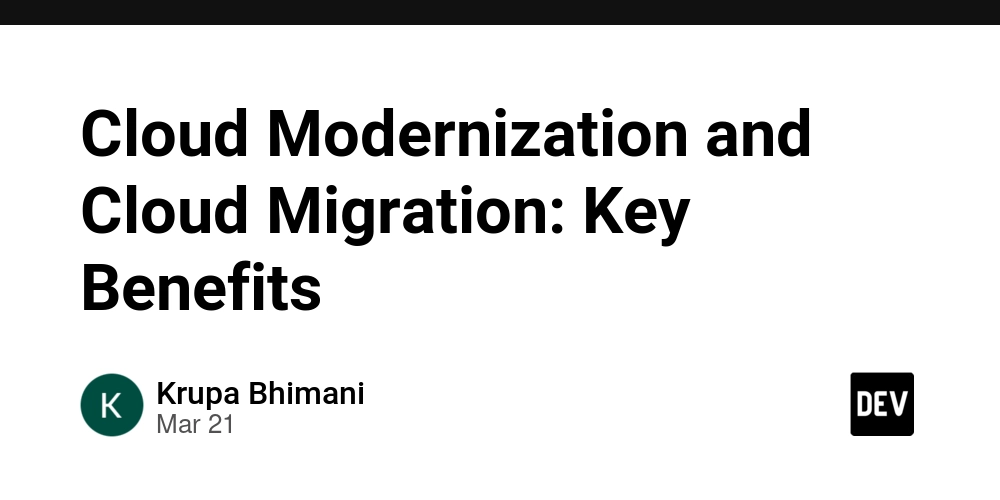GemCity TECH Mini-Conference
Yesterday, I got the chance to go to a wonderful mini-conference put on by some amazing friends in Dayton, Ohio. Here are my insights and notes. Insights from Recent Conference Talks: Ethical Hacking, Asynchronous Programming, Leadership, Scaling, and Modern Architectures Ethical Hacking in the Age of AI by Brett Ewing Check out Brett Ewing's profile here Brett Ewing's talk on ethical hacking emphasized a crucial point: trust. "Ethical hacking isn't about code - it's about trust," he stressed. The ethical hacker's toolkit includes vulnerability scans to identify what's broken, penetration tests to understand how weaknesses can be exploited, and the red hat technique which involves hiding to test how long an invader can go undetected. But as AI introduces new attack vectors, with attacks increasing in frequency and sophistication, there's an essential need to instill a layer of personal trust in addition to technical prowess. As AI enhances human connections instead of replacing them, our focus should be on teaching our machines what is important to us, hence revealing our priorities. Deepfakes represent a battlefield where AIs clash with trust instead of humans directly. To combat this, real relationships and ethical usage of screen time in meetings are vital. Building ethically sound AI tools depends on reflecting our values in the training data. Understanding Asynchronous Programming with JavaScript by Brandon Bruno Discover more about Brandon Bruno here This is a talk I've seen before. It's totally different than my asynchronous JavaScript talk - and that's part of the fun! Brandon Bruno delivered a great session on asynchronous programming in JavaScript, demystifying a topic that often confuses developers. Understanding promises and their role in managing asynchronous operations is key to creating responsive and efficient JavaScript applications. A promise in JavaScript can be pending, fulfilled, or rejected. Modern APIs and practices such as async/await allow for more straightforward syntax, unwrapping them for easier readability. Tools like Promise.all, Promise.allSettled, and Promise.race provide control over concurrent promise execution, solving issues like the "pyramid of doom" inherent in callback-based code. Leadership is Earned by Phil Japiske Learn more about Phil Japiske here Phil Japiske's thought-provoking session highlighted that leaders are made, not born. The journey begins with respect—giving it to get it. A mentor’s role is critical, acting as a guide, teacher, supporter, and encourager. Effective leadership involves anticipating change, adapting rather than reacting, and embracing continuous improvement. Essential practices for leaders include active listening, honesty, clarity, and effective communication. Leaders must prioritize team success by removing roadblocks, coaching, and using power wisely. Scaling with Nx Strategies by Jordan Powell More about Jordan Powell here Jordan Powell's session tackled the art of scaling through Nx strategies, especially focusing on monorepos. Larger organizations benefit from code sharing, reuse, and consistency found in monorepos, along with simplified dependencies and atomic commits. The business impact includes improved developer experience, better addressing of business problems, and more significant outcomes. However, monorepos come with their challenges, including scalability issues, codebase complexity, and slow CI processes. Addressing these requires specialized tooling and infrastructure management, coupled with efficient access control and security measures. Modern Architectures with Microservices by Shawn Wallace Explore Shawn Wallace's work here Shawn Wallace discussed the advantages of moving away from monolithic to microservices architectures. Monolithic applications are cumbersome and slow to change. Modern architectures that are scalable, resilient, fault-tolerant, and support incremental development are essential. Event-driven architecture ensures domains can communicate effectively, often through an enterprise service bus. Key principles include embracing eventual consistency databases, efficient data storage and querying, asynchronous updates, and adopting a schema design that prioritizes performance. Before implementation, start small, think about events, not endpoints, and wrap or adapt legacy systems incrementally. Monitoring and logging from the start are critical for success. Thank you Thank you to the amazing team that actually made this event happen! Conclusion Each session delivered insights that are immensely valuable to today’s evolving technological landscape. From ethical hacking and the nuances of asynchronous programming to leadership in tech, strategies for scaling, and modern architectural practices, these thought leaders shared actionable wisdom for the betterment of our craft and practices. Whe
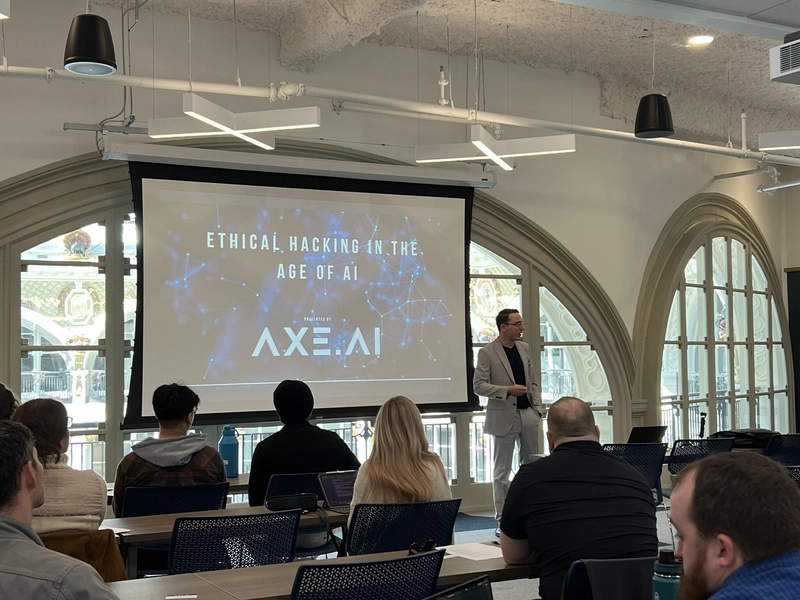
Yesterday, I got the chance to go to a wonderful mini-conference put on by some amazing friends in Dayton, Ohio.
Here are my insights and notes.
Insights from Recent Conference Talks: Ethical Hacking, Asynchronous Programming, Leadership, Scaling, and Modern Architectures
Ethical Hacking in the Age of AI by Brett Ewing
Check out Brett Ewing's profile here
Brett Ewing's talk on ethical hacking emphasized a crucial point: trust. "Ethical hacking isn't about code - it's about trust," he stressed. The ethical hacker's toolkit includes vulnerability scans to identify what's broken, penetration tests to understand how weaknesses can be exploited, and the red hat technique which involves hiding to test how long an invader can go undetected.
But as AI introduces new attack vectors, with attacks increasing in frequency and sophistication, there's an essential need to instill a layer of personal trust in addition to technical prowess. As AI enhances human connections instead of replacing them, our focus should be on teaching our machines what is important to us, hence revealing our priorities.
Deepfakes represent a battlefield where AIs clash with trust instead of humans directly. To combat this, real relationships and ethical usage of screen time in meetings are vital. Building ethically sound AI tools depends on reflecting our values in the training data.
Understanding Asynchronous Programming with JavaScript by Brandon Bruno
Discover more about Brandon Bruno here
This is a talk I've seen before. It's totally different than my asynchronous JavaScript talk - and that's part of the fun!
Brandon Bruno delivered a great session on asynchronous programming in JavaScript, demystifying a topic that often confuses developers. Understanding promises and their role in managing asynchronous operations is key to creating responsive and efficient JavaScript applications.
A promise in JavaScript can be pending, fulfilled, or rejected. Modern APIs and practices such as async/await allow for more straightforward syntax, unwrapping them for easier readability. Tools like Promise.all, Promise.allSettled, and Promise.race provide control over concurrent promise execution, solving issues like the "pyramid of doom" inherent in callback-based code.
Leadership is Earned by Phil Japiske
Learn more about Phil Japiske here
Phil Japiske's thought-provoking session highlighted that leaders are made, not born. The journey begins with respect—giving it to get it. A mentor’s role is critical, acting as a guide, teacher, supporter, and encourager. Effective leadership involves anticipating change, adapting rather than reacting, and embracing continuous improvement.
Essential practices for leaders include active listening, honesty, clarity, and effective communication. Leaders must prioritize team success by removing roadblocks, coaching, and using power wisely.
Scaling with Nx Strategies by Jordan Powell
More about Jordan Powell here
Jordan Powell's session tackled the art of scaling through Nx strategies, especially focusing on monorepos. Larger organizations benefit from code sharing, reuse, and consistency found in monorepos, along with simplified dependencies and atomic commits.
The business impact includes improved developer experience, better addressing of business problems, and more significant outcomes. However, monorepos come with their challenges, including scalability issues, codebase complexity, and slow CI processes. Addressing these requires specialized tooling and infrastructure management, coupled with efficient access control and security measures.
Modern Architectures with Microservices by Shawn Wallace
Explore Shawn Wallace's work here
Shawn Wallace discussed the advantages of moving away from monolithic to microservices architectures. Monolithic applications are cumbersome and slow to change. Modern architectures that are scalable, resilient, fault-tolerant, and support incremental development are essential.
Event-driven architecture ensures domains can communicate effectively, often through an enterprise service bus. Key principles include embracing eventual consistency databases, efficient data storage and querying, asynchronous updates, and adopting a schema design that prioritizes performance.
Before implementation, start small, think about events, not endpoints, and wrap or adapt legacy systems incrementally. Monitoring and logging from the start are critical for success.
Thank you
Thank you to the amazing team that actually made this event happen!
Conclusion
Each session delivered insights that are immensely valuable to today’s evolving technological landscape. From ethical hacking and the nuances of asynchronous programming to leadership in tech, strategies for scaling, and modern architectural practices, these thought leaders shared actionable wisdom for the betterment of our craft and practices. Whether it’s enhancing trust in AI, understanding JavaScript promises, building effective leadership, scaling applications, or adopting microservices, continuous learning and adaptation remain the keys to success.








































































































































































![[The AI Show Episode 144]: ChatGPT’s New Memory, Shopify CEO’s Leaked “AI First” Memo, Google Cloud Next Releases, o3 and o4-mini Coming Soon & Llama 4’s Rocky Launch](https://www.marketingaiinstitute.com/hubfs/ep%20144%20cover.png)














































































































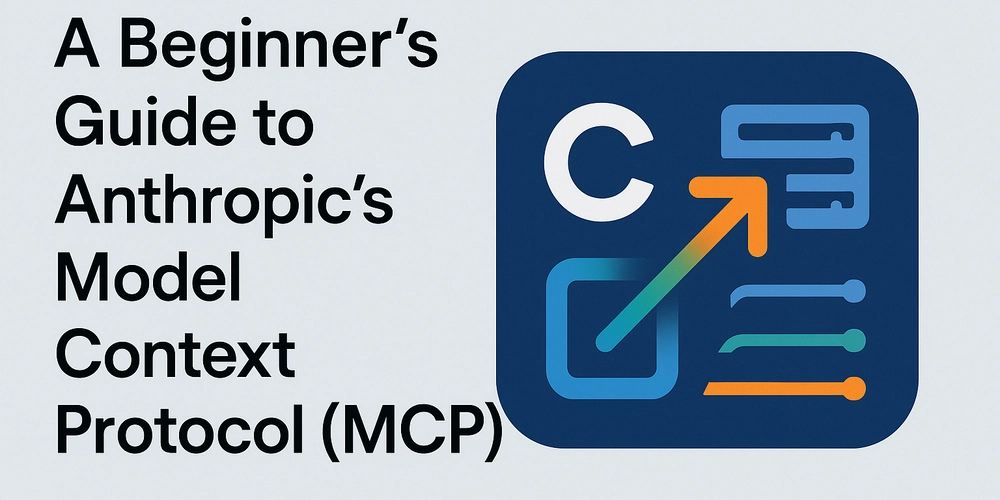

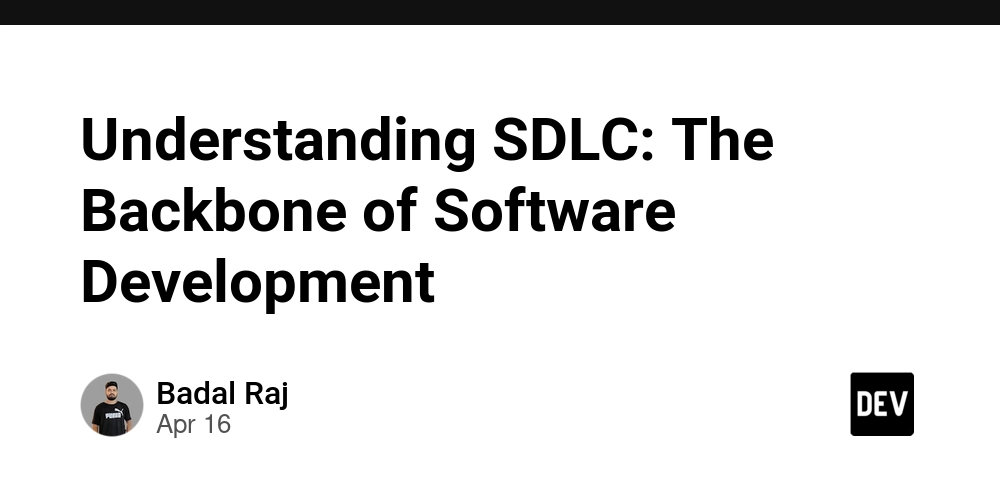




















































































![Blue Archive tier list [April 2025]](https://media.pocketgamer.com/artwork/na-33404-1636469504/blue-archive-screenshot-2.jpg?#)
































.png?#)







































.webp?#)















































































-xl-xl.jpg)









![Apple’s Messages app shows Meta is not a monopoly, says Meta [U]](https://i0.wp.com/9to5mac.com/wp-content/uploads/sites/6/2024/02/Zuckerbergs-AI-announcement.jpg?resize=1200%2C628&quality=82&strip=all&ssl=1)




![One UI 8 leaks again, showing off the tiny list of changes to Samsung’s Android 16 update [Video]](https://i0.wp.com/9to5google.com/wp-content/uploads/sites/4/2024/07/Galaxy-Z-Flip-6-review-photo-2.jpg?resize=1200%2C628&quality=82&strip=all&ssl=1)













![Apple to Split Enterprise and Western Europe Roles as VP Exits [Report]](https://www.iclarified.com/images/news/97032/97032/97032-640.jpg)
![Nanoleaf Announces New Pegboard Desk Dock With Dual-Sided Lighting [Video]](https://www.iclarified.com/images/news/97030/97030/97030-640.jpg)

![Apple's Foldable iPhone May Cost Between $2100 and $2300 [Rumor]](https://www.iclarified.com/images/news/97028/97028/97028-640.jpg)












































![Security Database Used by Apple Goes Independent After Funding Cut [Updated]](https://images.macrumors.com/t/FWFeAmxnHKf7vkk_MCBh9TcNMVg=/1600x/article-new/2023/05/bug-security-vulnerability-issue-fix-larry.jpg)





























